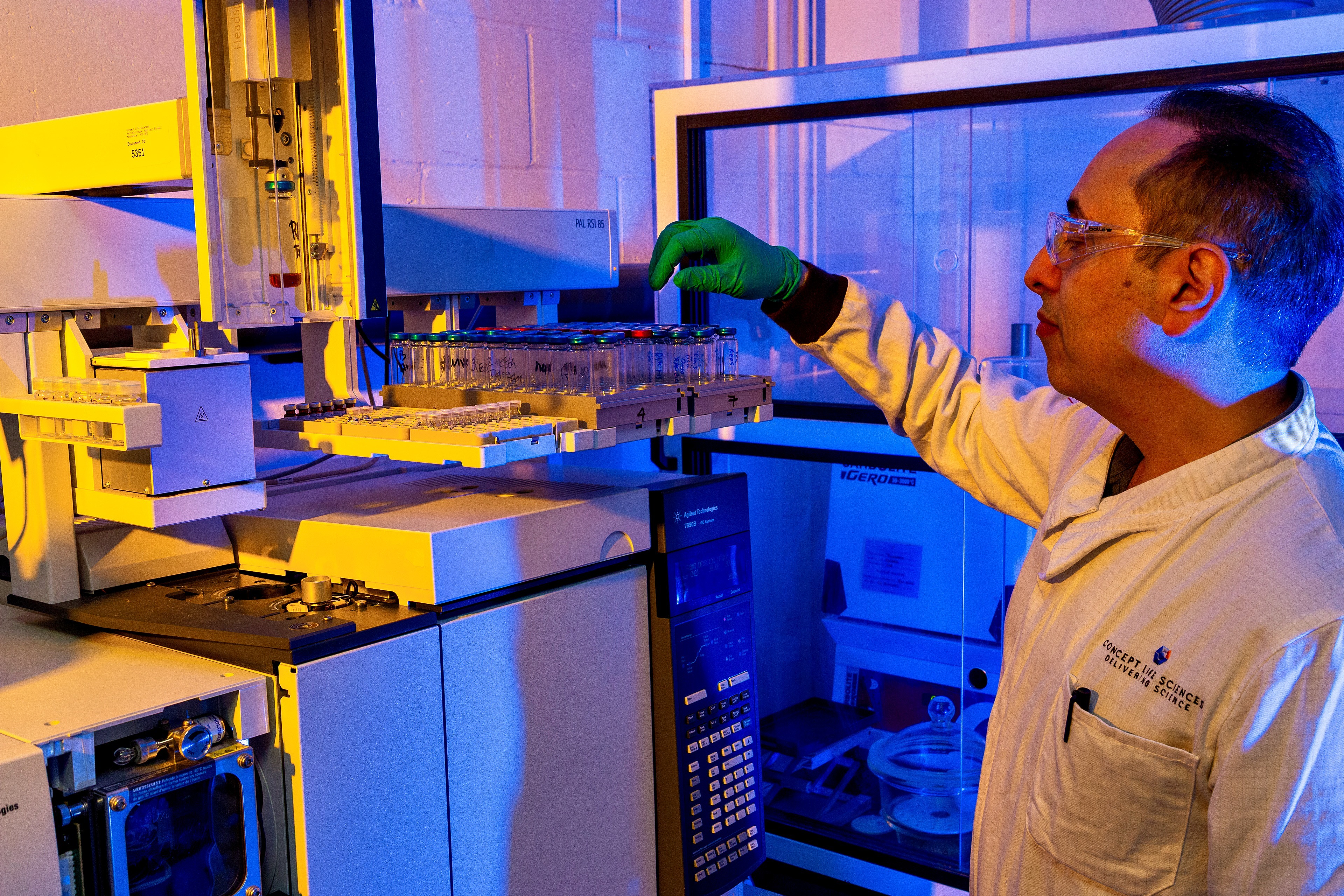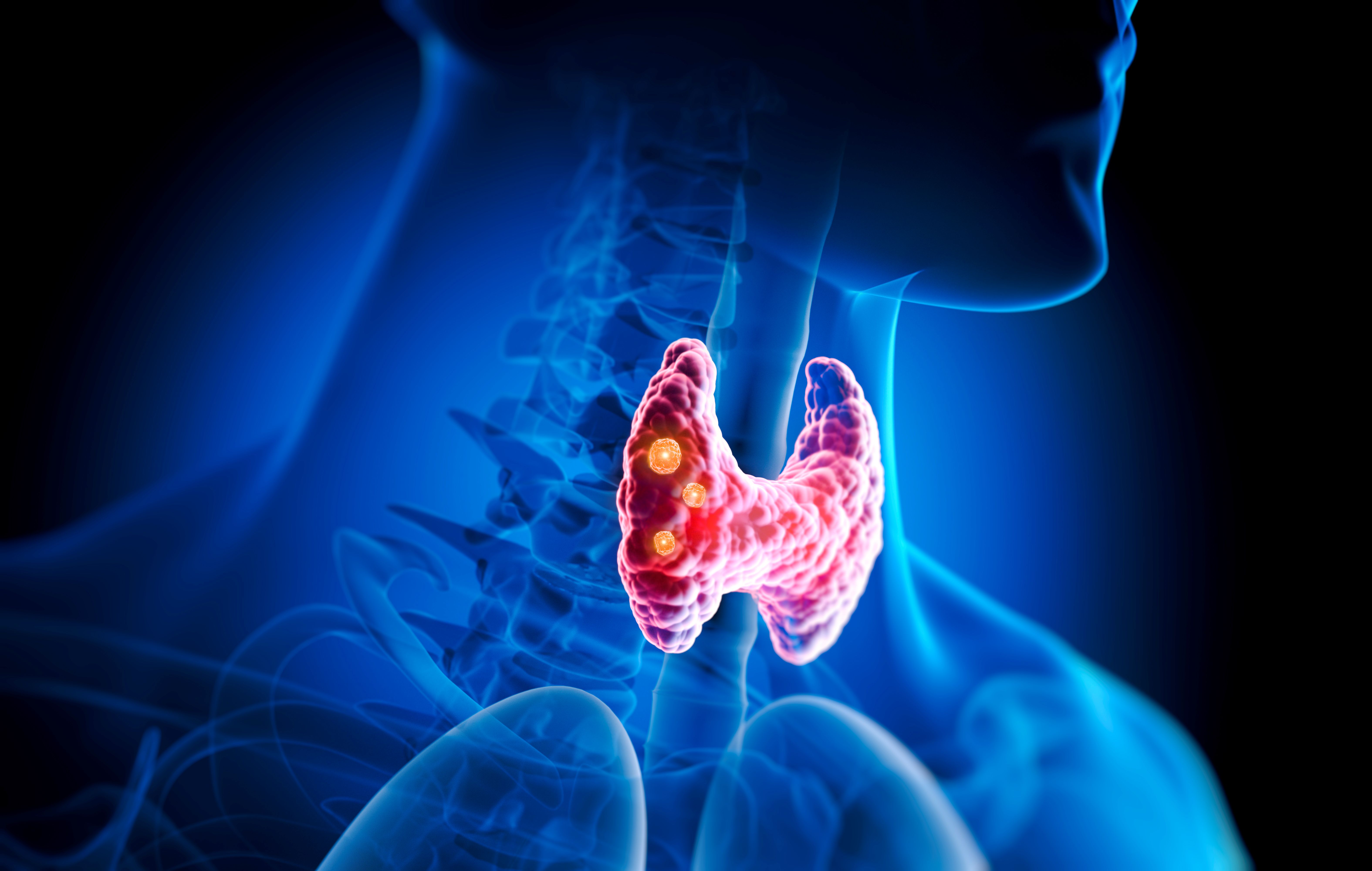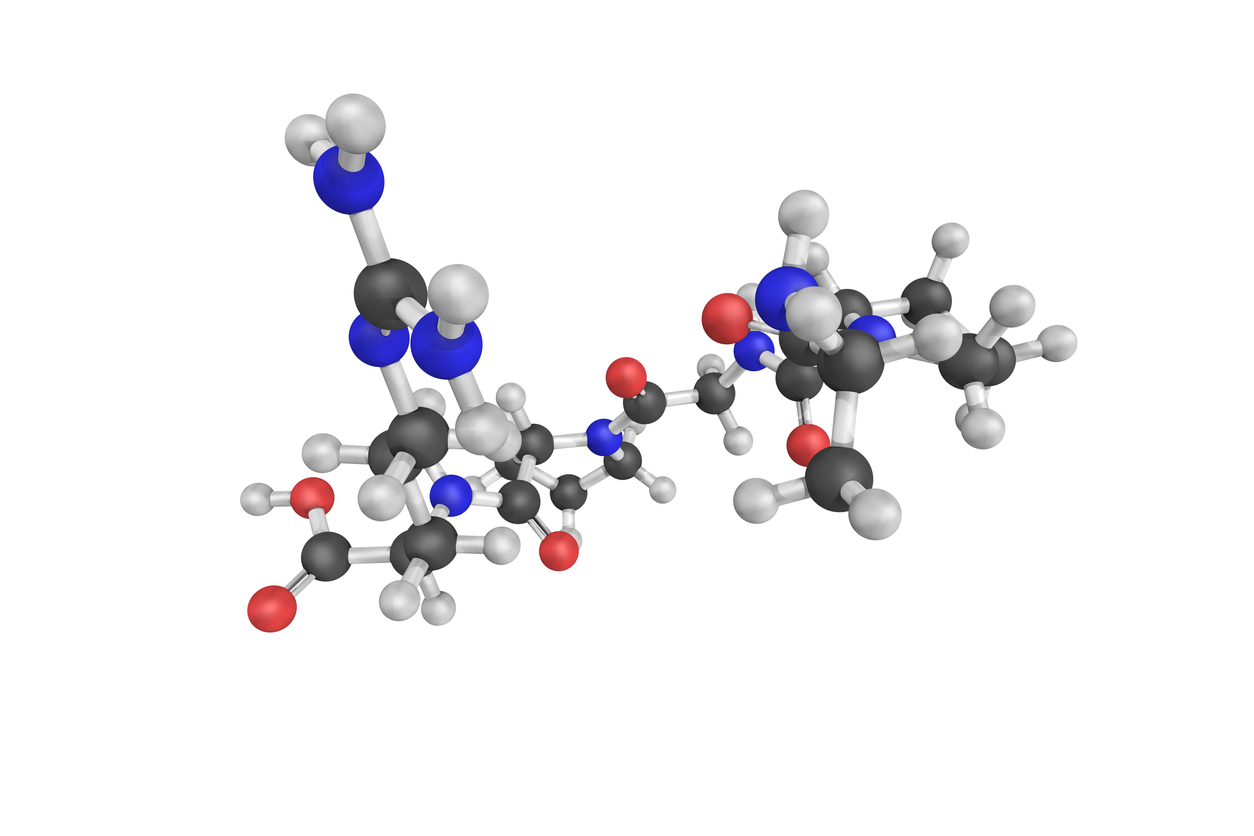Expert Knowledge
6/5/2025
The Future of Preclinical Testing Under FDA Modernization 3.0

Leading the shift from animal testing to translational, mechanism-driven science
The pharmaceutical industry is at a transformative crossroads with the FDA Modernization Act 3.0 ushering in regulatory support for non-animal testing methods. Pharmaceutical and biotech companies are therefore rethinking their approaches to discovery, safety assessment and IND-enabling studies. While many CROs are responding to this shift, we’ve been laying the groundwork for human-relevant models for decades.
The FDA's updated guidance emphasizes the agency's commitment to encouraging New Approach Methodologies (NAMs). These advanced tools offer more relevant, efficient and humane alternatives to traditional in vivo models.
Our approach is human-relevant, mechanism-driven and built for flexibility - enabling precise alignment with the biology, therapeutic context and regulatory objectives of every study. Instead of a one-size-fits-all platform, our toolkit empowers teams to strategically select and integrate assays, models, and analytical tools. These are tailored to the compound, disease area and stage of development, helping to answer the right translational questions, early.
Our in vitro expertise includes:
- Advanced Cell Culture Models: 2D and 3D cellular assays that better mimic human tissue complexity and cell-cell interactions
- Omics Technologies: Transcriptomics, proteomics and metabolomics approaches that provide comprehensive biological insights
- Advanced Imaging Platforms: Multiplexed spatial biology approaches to map biomarker expression, cell signalling pathway and tissue architecture. High content imaging to generate rich, multiparametric datasets that capture phenotypic changes at the cellular and subcellular levels
- Therapy Area and Disease Modelling Expertise: Experience in a wide range of indications such as Oncology, Immunology, immuno-oncology, Neuroinflammation, neurodegeneration and fibrosis to ensure appropriate context and translation
These methodologies align perfectly with the FDA's stated goal of implementing "scientifically valid, fit-for-purpose alternatives to traditional animal testing" improving preclinical research efficiency and predictive power.
Whether you’re pursuing a first-in-class therapeutic or refining a known mechanism, we are uniquely positioned to support your journey from target discovery through IND filing. Our expertise in translational biology and mechanistic toxicology ensures that data is not just high-content, but high-context, aligned with the FDA’s evolving expectations.
We continue to innovate, building on our existing capabilities, leveraging our internal expertise, as well as that our Scientific Advisory Board. We’re pleased to welcome Dr Clive Roper, who’s appointment further strengthens our position as leaders in innovative, human-relevant testing approaches.













